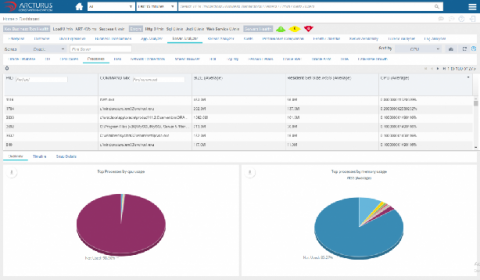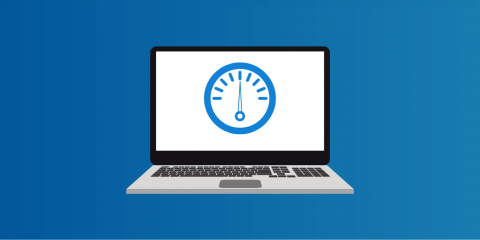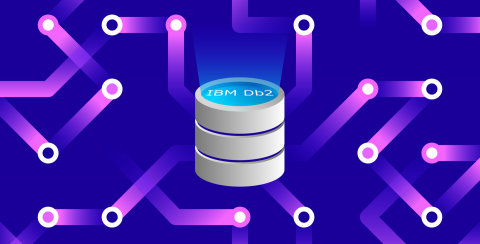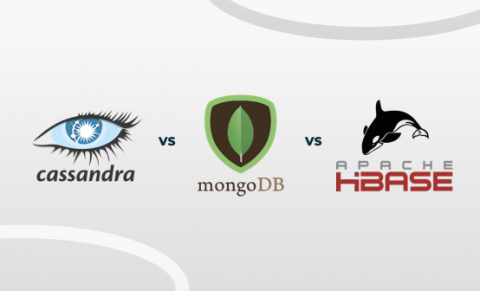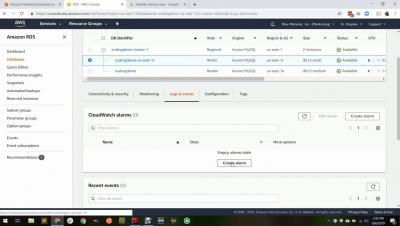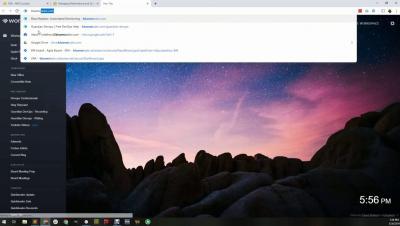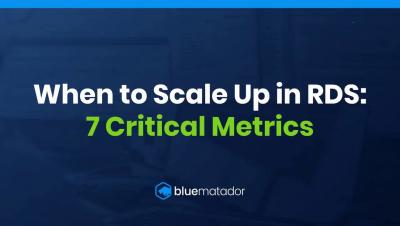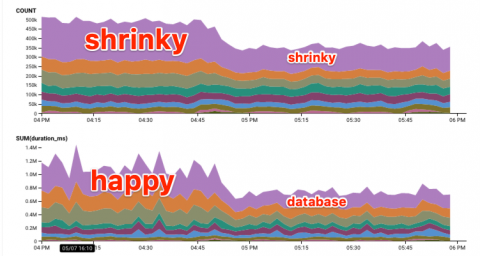Continuous Database Monitoring
Continuous Database Monitoring is a very important aspect of enterprise applications monitoring. Database is the foundation of any application. If the performance of the database is not good then every user request can be impacted. Continuous database monitoring does provide very quick ROI. Tweaking the time consuming SQLs and any other database bottlenecks have impact on performance, scalability and availability of the entire application.


